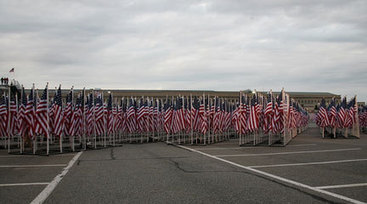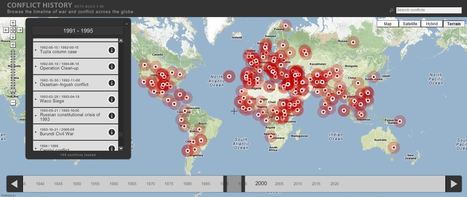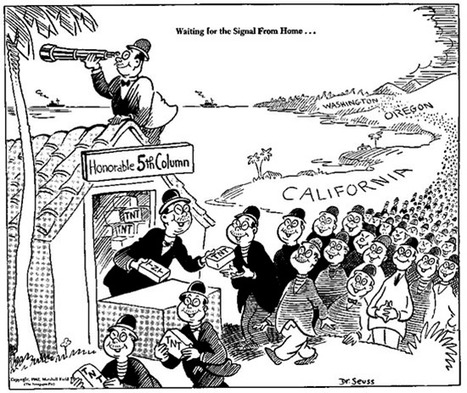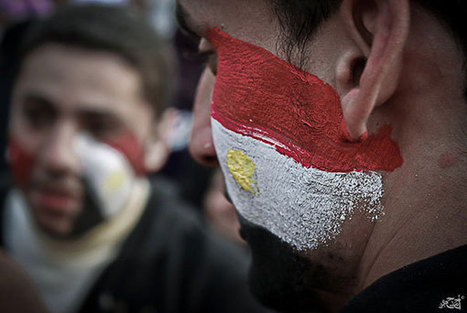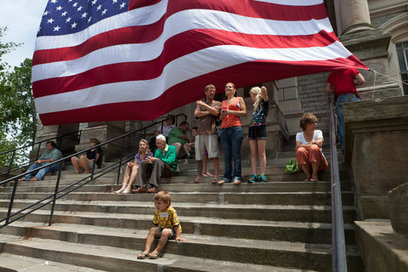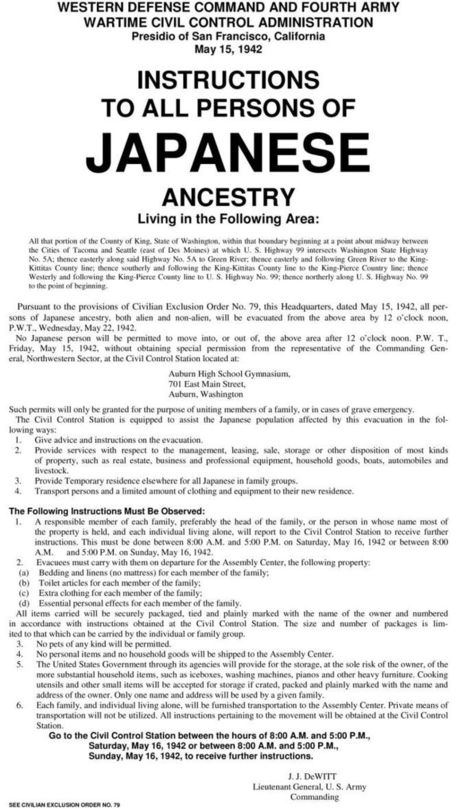KH: How has America changed since the attacks of September 11, 2001? We are still struggling to find a balance between saftey and civil liberties. The Patriot Act, prisoners in Guantanamo Bay, interrorgation techniques have all become parts of our lives.
The article asks the questions...
• Can the government listen to our phone conversations and read our e-mails without warrants?
• Should suspected terrorists at the Guantánamo prison in Cuba have the right to challenge their detention in court?
• How much power does the president have to search for and punish those accused of having terrorist ties?
• Are harsh interrogation techniques ever justified? And at what point do they become torture?
Do you remember a time when you could board a plane with friends or family seeing you off from the gate? Do you remember bringing liquids though security? The youth of this country do not. For more resources on September 11th, see: http://www.scoop.it/t/national-september-11-memorial-the-world
Via
Ms. Harrington



 Your new post is loading...
Your new post is loading...



